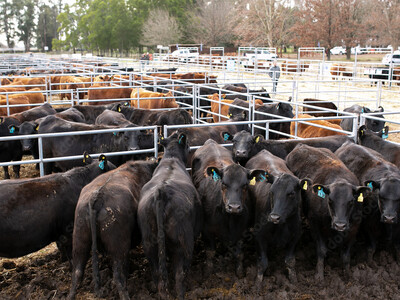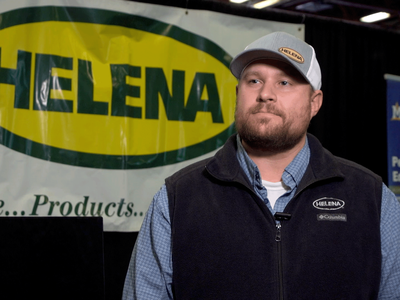Transitioning to regenerative farming practices

Tim Hammerich
News Reporter
Farmers that want to transition to more regenerative practices run the risk of taking a hit to productivity and profitability in the short term. Eventually, the biology will build and provide benefits, but that will take some time, says Sound Agriculture CTO Travis Bayer.
Bayer… “A lot of these symbiotic relationships have been turned off because of agricultural practices, overuse of fertilizer. A lot of that sort of natural ecosystem is either dormant or is completely turned off. So what we're doing is really kind of waking that up and activating that again, and letting that natural process kick in to provide more nutrition for the crop.”
They’re doing this via their SOURCE product, which CEO Adam Litle says can help with all types of producers, including those transitioning to more regenerative practices.
Litle… “You go through this trough of lack of profitability as you do get a hit to yield, when you're getting off the sauce, so to speak. And there are things you can do with classes of products like ours that help supplement that along the way, and then just boost and provide an insurance policy for your yield throughout. So there's really a wide degree of applications, but I just use as an analogy for something that we are kind of elegantly helping work better and I think a positive trend for soil health and agriculture in general.”
Learn more at Sound.ag.












